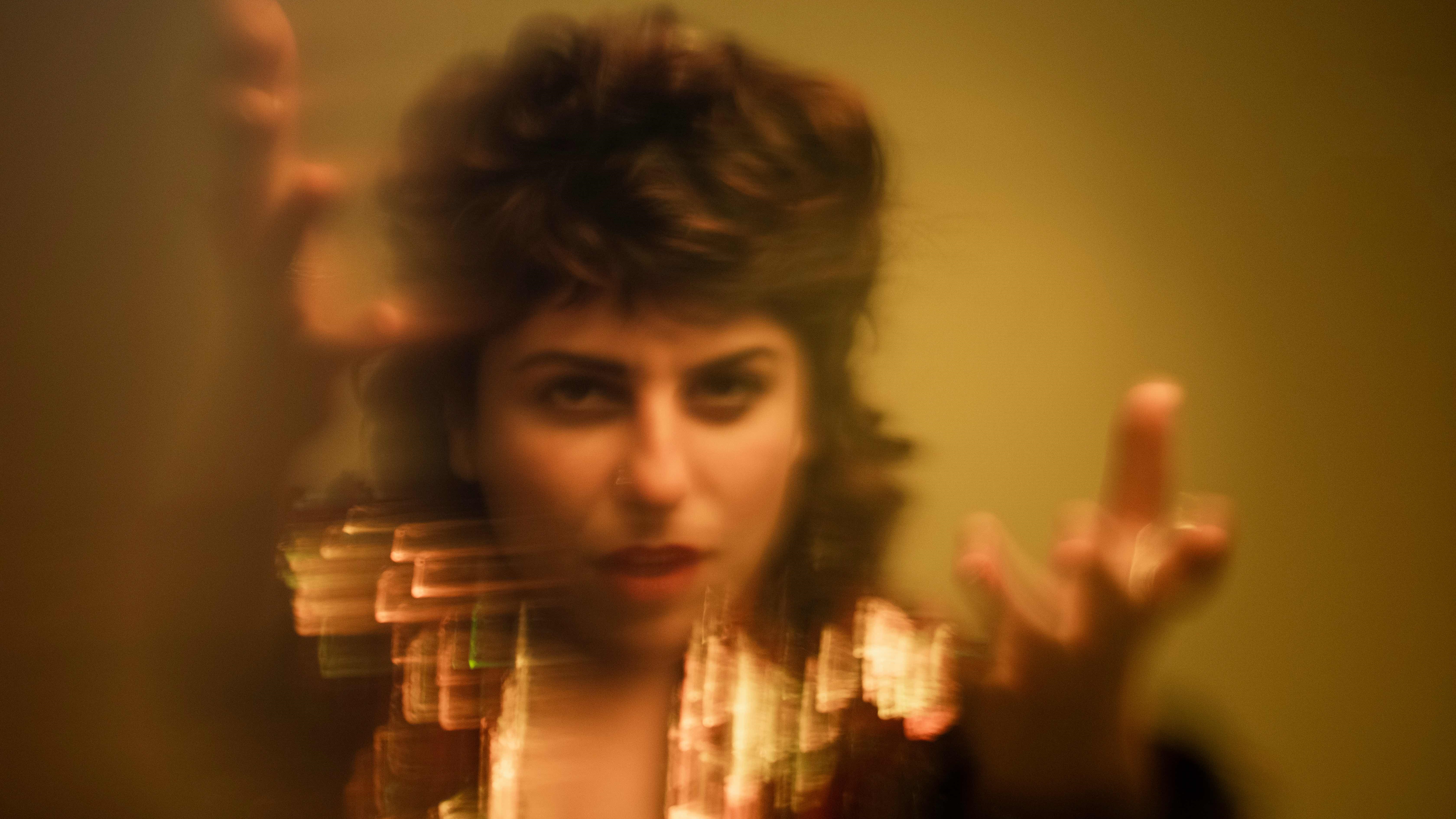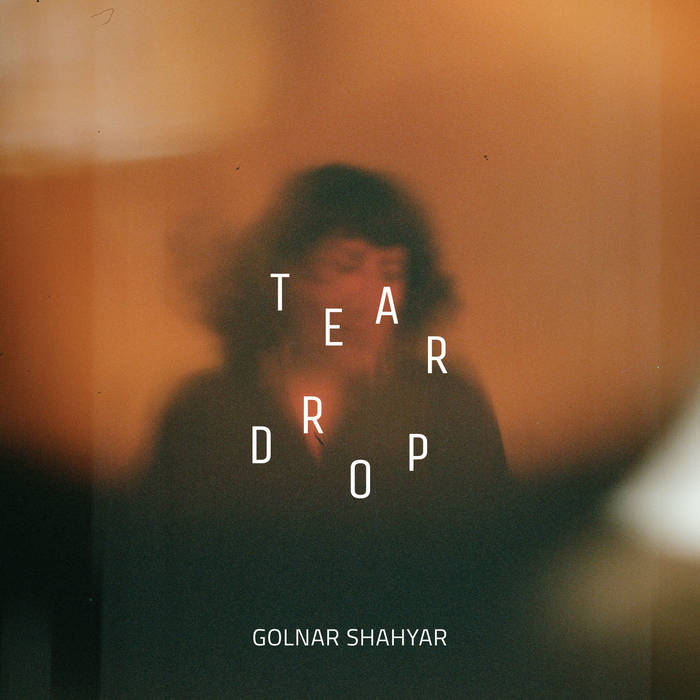"A revolution of culture and thought"

Ms Shahyar, listening to your voice, there is so much variety in its tone: I get the impression that often, you slip into various different personalities within a single piece.
Shahyar: I see my voice as a reflection of my character: I am really curious when it comes to meeting different people. I also grew up on three different continents, with three different cultures, languages, and ways of understanding life. And so my voice is a mix of all the musical worlds I've discovered, in which I've been able to find myself. I'm not only influenced by many musical traditions from various folk regions of Iran, but also by north-west African music, jazz vocalists, and vocal artists who have experimented with their voices.
You have a very international sound, yet with these repeated musical references to Iran. How did these songs – which are often very long – come into being?
Shahyar: The way I became a musician is pretty atypical. For one thing, I started consciously listening really quite late on; before that, I was studying biology. In Canada and Austria, for instance, I discovered the work of Joni Mitchell, and her music and her poetry were a great inspiration. I know the Iranian scales by ear, and I use them, but I don't write according to their strict rules. At the same time, I allow myself to be influenced by music from other regions of the world. In my piece "Ode To Trust", for example, you can hear the singing of Mauritanian women. Together, all these influences find a language of their own in my music.
Finding her own sound
In recent years, you have been part of several band projects, and now Tear Drop is the first album released under your own name. It was also recorded in the knowledge of the terrible events that have been going on in Iran since September 2022. Is music a means of coping with this period for you?

Shahyar: It's a complex issue. I find it very interesting that this album is coming out at the exact same time the revolution is taking place.
Because what is happening in Iran right now is a revolution, even if we haven't yet seen any political change. In our heads, we've already made a leap in terms of culture and thought. Yet this process we have all been through has taken years.
Discovering myself – finding myself, my character, my sound through my music – has been part of that process. After the war with Iraq, my generation no longer had any idols. We were wiped from public life. We had no identity.
I see this album as a "flower", my personal journey reflected in the current events in Iranian culture. It is as if, suddenly, this constant searching now has an image.
And in my case – in the case of Tear Drop – it also has a sound.
You live in Vienna, so in one respect, you're far away from events in Iran. How have you been supporting the "Woman, Life, Freedom" movement?
Shahyar: Being abroad, I have a platform on which I can present my music. I can pass on a lot of energy – music has this power; it brings people together. Through my music, I can strengthen the desire to change things. And I do that as much as I can. I would probably be thrown in jail, were I to set foot in Iran, but outside the country, no matter where, if a space is created for a "Woman, Life, Freedom" event or protest, I'll use my voice and my music.
Do people listen to your music in Iran?
Shahyar: Yes, but I don’t have a large platform there. In the Iranian diaspora, my music is also pretty niche – it isn't popular music, it's a new sound that still has to find its place. People often think of women's voices in Iran as sad, as coming from a position of victimhood. But on this album, I haven't just sung about suffering and sadness, but about the power of the voice – and joy, this endless emotional wellspring we have inside us. So I don't just acknowledge this sorrow, but also the power to change things.
Women are risking their lives
Your song "Tell my mother she has no daughter anymore" is addressed directly to the unjust regime – what is it about?
Shahyar: It's about the fact that it's so damn difficult to let your child go, not knowing whether they’ll come back! And of course, it's about something else: women are now taking their fate into their own hands. They're taking to the streets and risking their lives. It always used to be the men who fought, and slogans were written about men giving their lives for their country or for freedom, but now it's women. That's incredibly strong!
In this cultural revolution, women have emancipated themselves. They've always fought and worked incredibly hard, but that wasn't the image they had. Now the image reflects reality. That strengthens this movement. It's really beautiful to see, despite the poignancy of the situation.
A very strong piece on your record, "Maman Djan", is dedicated to your grandmother, and the intro to it is dedicated to Simurgh, the bird from Iranian mythology. How do the two fit together?
Shahyar: My grandmother was a huge influence on me. This woman was so full of life, full of love, beauty and warmth. But she had a very difficult life, too, for both cultural and family reasons. In the song, I also describe my grandmother symbolically; she represents the fate of many women of her generation. I describe her as Simurgh, this mythical symbol of beauty and strength and strong leadership, kept marginalised and suppressed for all these years. The Simorq may be in a cage, but it keeps on dreaming. That's human nature: to keep striving for freedom.
Interview conducted by Stefan Franzen
© Qantara.de 2023
Translated from the German by Ruth Martin
